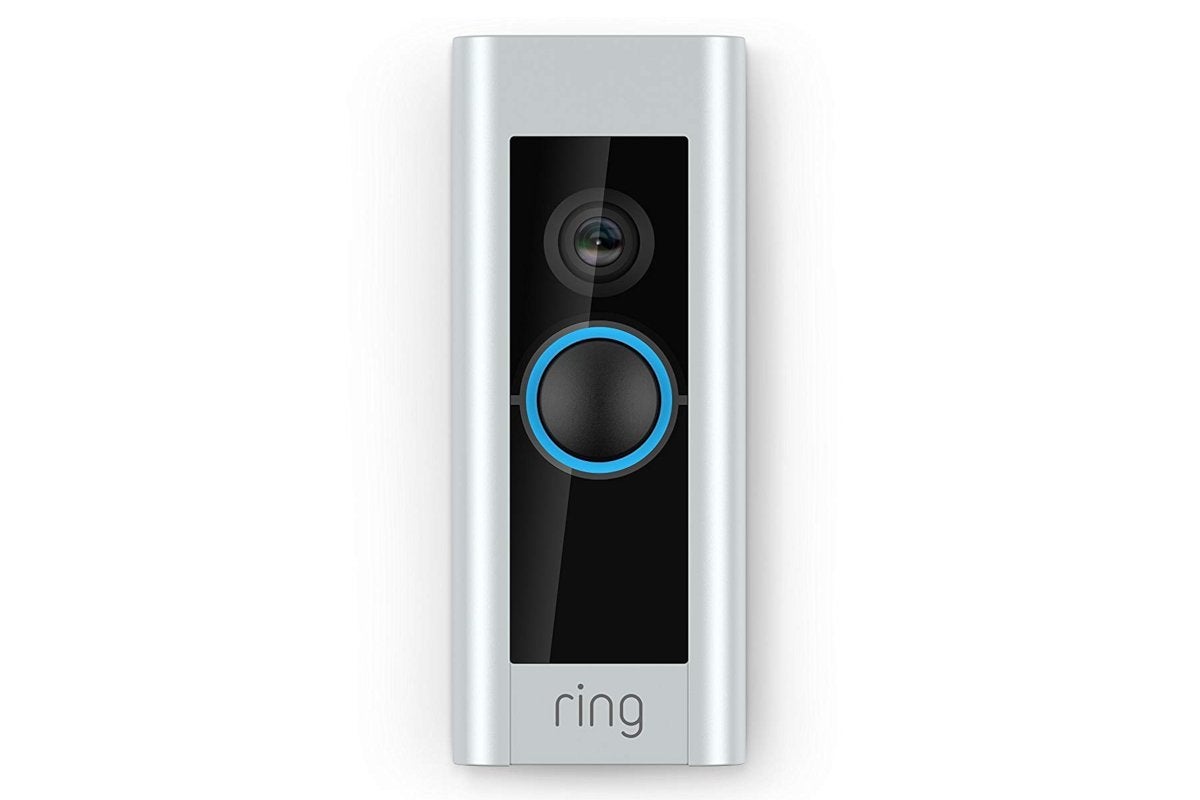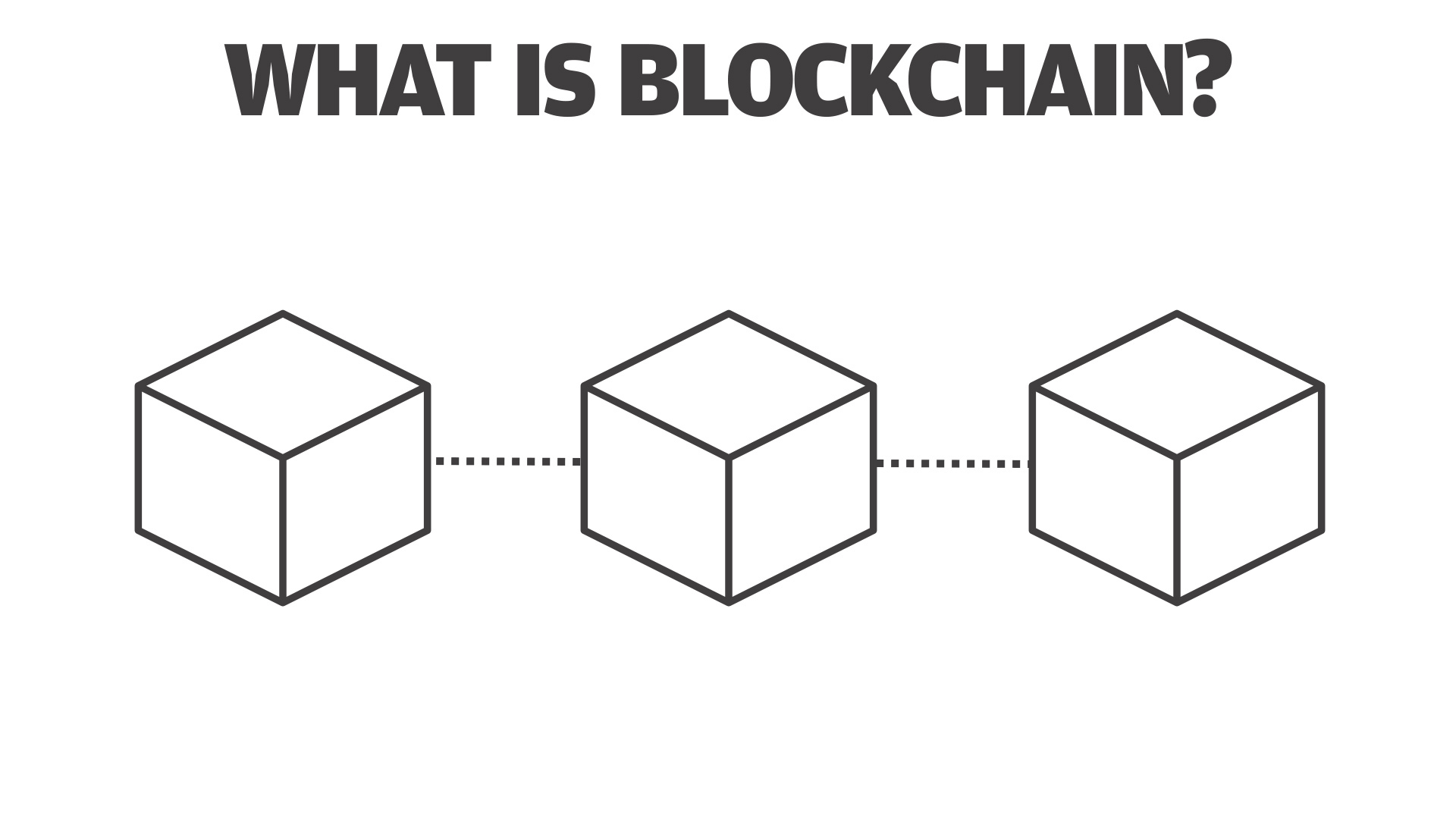IoT security vs. privacy: Which is a bigger issue?

If you follow the news surrounding the internet of things (IoT), you know that security issues have long been a key concern for IoT consumers, enterprises, and vendors. Those issues are very real, but I’m becoming increasingly convinced that related but fundamentally different privacy vulnerabilities may well be an even bigger threat to the success of the IoT.
In June alone, we’ve seen a flood of IoT privacy issues inundate the news cycle, and observers are increasingly sounding the alarm that IoT users should be paying attention to what happens to the data collected by IoT devices.
Predictably, most of the teeth-gnashing has come on the consumer side, but that doesn’t mean enterprises users are immune to the issue. One the one hand, just like consumers, companies are vulnerable to their proprietary information being improperly shared and misused. More immediately, companies may face backlash from their own customers if they are seen as not properly guarding the data they collect via the IoT. Too often, in fact, enterprises shoot themselves in the foot on privacy issues, with practices that range from tone-deaf to exploitative to downright illegal—leading almost two-thirds (63%) of consumers to describe IoT data collection as “creepy,” while more than half (53%) “distrust connected devices to protect their privacy and handle information in a responsible manner.”
Ring becoming the poster child for IoT privacy issues
As a case in point, let’s look at the case of Ring, the IoT doorbell company now owned by Amazon. Ring is reportedly working with police departments to build a video surveillance network in residential neighborhoods. Police in more than 50 cities and towns across the country are apparently offering free or discounted Ring doorbells, and sometimes requiring the recipients to share footage for use in investigations. (While Ring touts the security benefits of working with law enforcement, it has asked police departments to end the practice of requiring users to hand over footage, as it appears to violate the devices’ terms of service.)
Many privacy advocates are troubled by this degree of cooperation between police and Ring, but that’s only part of the problem. Last year, for example, Ring workers in Ukraine reportedly watched customer feeds. Amazingly, though, even that only scratches the surface of the privacy flaps surrounding Ring.
Guilty by video?
According to Motherboard, “Ring is using video captured by its doorbell cameras in Facebook advertisements that ask users to identify and call the cops on a woman whom local police say is a suspected thief.” While the police are apparently appreciative of the “additional eyes that may see this woman and recognize her,” the ad calls the woman a thief even though she has not been charged with a crime, much less convicted!
Ring may be today’s poster child for IoT privacy issues, but IoT privacy complaints are widespread. In many cases, it comes down to what IoT users—or others nearby—are getting in return for giving up their privacy. According to the Guardian, for example, Google’s Sidewalk Labs smart city project is little more than “surveillance capitalism.” And while car owners may get a discount on auto insurance in return for sharing their driving data, that relationship is hardly set in stone. It may not be long before drivers have to give up their data just to get insurance at all.
And as the recent data breach at the U.S. Customs and Border Protection once again demonstrates, private data is “a genie without a bottle.” No matter what legal or technical protections are put in place, the data may always be revealed or used in unforeseen ways. Heck, when you put it all together, it’s enough to make you wonder whether doorbells really need to be smart at all?
READ MORE HERE




